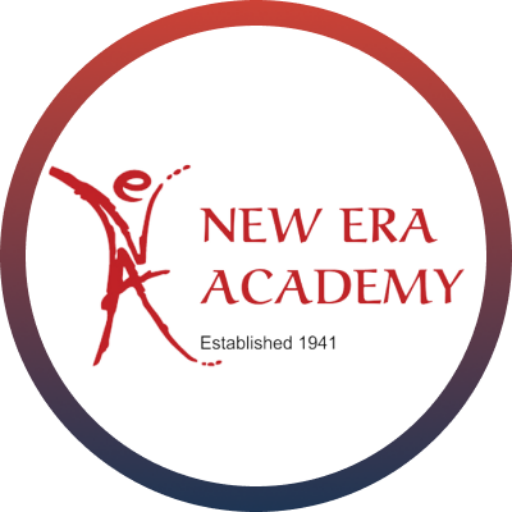Reading
Our first experience of reading is being read to by our parents. This is where the imagination begins and is stirred. Words and sounds form pictures in the mind, be they from nursery rhymes or stories.
When we go to school, we develop these words and sounds by learning meaning, how to put them together to make sense. Our use of vocabulary increases and gradually we start to make up poems and stories for ourselves. As we grow up, we develop individual tastes in reading. Some prefer factual information through biographies or the world about us. Others prefer to be transported to other worlds.
Reading to ourselves is silent. If we are to share by reading aloud, we need to acquire the necessary skills of communication. We must lift the printed word off the page and share the content vocally and with facial expression. If we are sharing a novel, we need to visualise all that we are saying – inhabiting the characters, seeing all that is described.
With non-fiction, less emotion is involved as we may be giving information without bias to allow the listeners to form their own opinions. With verse, we need to understand the forms of verse and how we shape the poem through the use of verse pauses.
NEA’s reading exams will be engaging for those with an interest in books and literacy, performing arts, storytelling, and public speaking and sit well alongside Speech & Drama, Public Speaking, Spoken English and English as an Additional Language exams.
When sight reading is introduced, this is a new challenge. In the short time allowed for preparation within the examination, it is essential for the reader to have a method of deciding how the passage or poem should be read to convey the full meaning.
Researching material for reading aloud helps to increase literary knowledge. Reading aloud should be a pleasure for both the performer and the listener. During examinations, the Learner will use a piece of poetry or prose they have prepared and will also be given pieces of poetry and/or prose by the examiner during the examination.
Student Learning Objectives:
NEA’s Recital examinations allow Learners to develop technical, interpretation and communication skills as set out in the NEA Syllabus through:
- Literature
- Poetry
- Word recognition
- Performance
- Communication
PERFORMER CATEGORIES
- Solo
EXAMINATIONS GRADES
- Preliminary | Transition
- Grades 1, 2, 4 and 5
- Grade 3 (Foundation)
- Grade 6 (Bronze) | Grade 7 (Silver) | Grade 8 (Gold)
DIPLOMA LEVELS
- ANEA – Level 4 (Speech and Drama | Public Speaking | Diploma in Performance [Acting, Mime, Musical Theatre] )
- ANEA – Level 5 (Speech and Drama | Public Speaking)
- LNEA – Level 6 (Speech and Drama Teaching Diploma | Public Speaking Diploma)
UCAS TARIFF POINTS
- Between 8 and 30 points (subject to pass mark)
- Grades 6, 7, 8 ONLY

